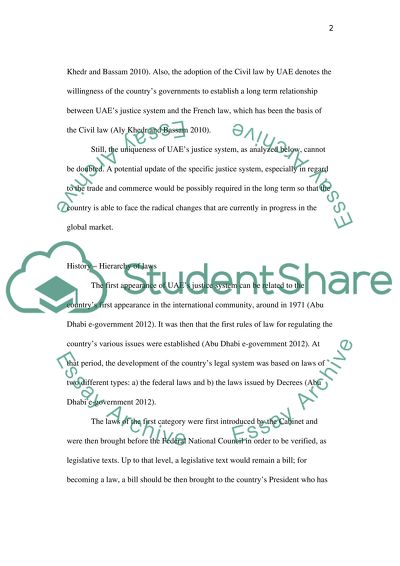Cite this document
(“The justice in United Arab Emirates Research Paper”, n.d.)
The justice in United Arab Emirates Research Paper. Retrieved from https://studentshare.org/law/1403093-the-justice-in-united-arab-emirates
The justice in United Arab Emirates Research Paper. Retrieved from https://studentshare.org/law/1403093-the-justice-in-united-arab-emirates
(The Justice in United Arab Emirates Research Paper)
The Justice in United Arab Emirates Research Paper. https://studentshare.org/law/1403093-the-justice-in-united-arab-emirates.
The Justice in United Arab Emirates Research Paper. https://studentshare.org/law/1403093-the-justice-in-united-arab-emirates.
“The Justice in United Arab Emirates Research Paper”, n.d. https://studentshare.org/law/1403093-the-justice-in-united-arab-emirates.


